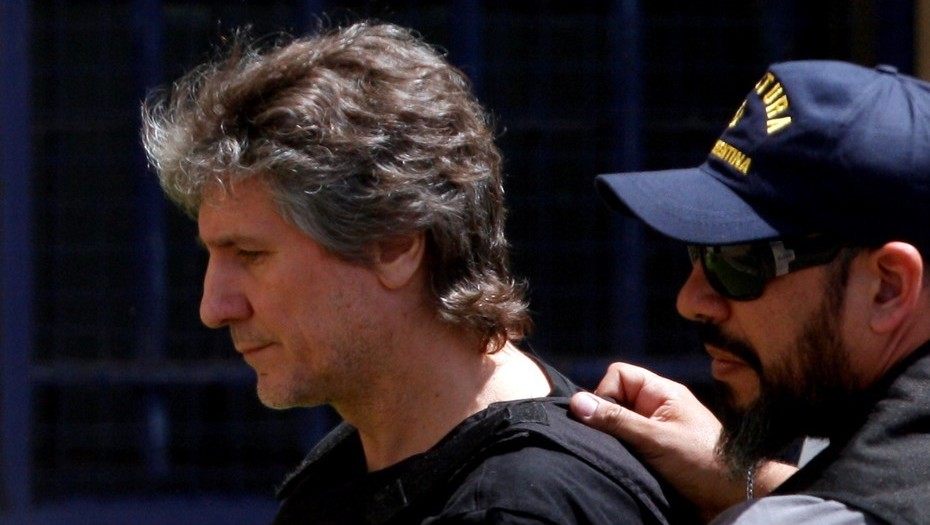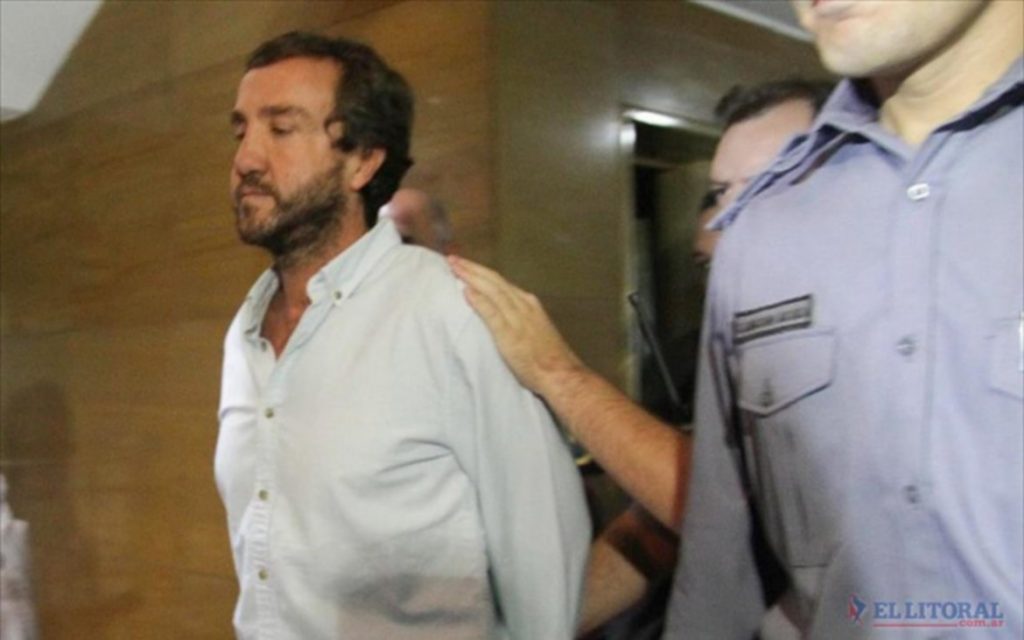RIO DE JANEIRO, BRAZIL – A scandalous fact concerning the trial of former vice-president Amado Boudou became public last week in Argentina: According to the El Destape website, the deposition of key witness Alejandro Vanderbroele has apparently been bought.
Boudou was Minister of Economy under Cristina Fernández de Kirchner from 2009 to 2011 and was Vice-President in her second term until 2015.

Before that, he was Secretary General and then President of the State Pension Fund (ANSES) from 2006 to 2009. In this capacity, he played a key role in the re-nationalization of private pension funds (AFJP).
The funds concerned were alleged to be collecting disproportionately high commissions from their subscribers, and had lost one-sixth of their capital in one year, despite paying substantial contributions. After nationalization, these funds’ investments, which were combined into a reserve fund, had grown by 392 percent by October 2014.
In a controversial trial in 2018, the former vice-president was sentenced to five years and ten months imprisonment and a life-long ban on holding public office. The charges were “bribery” and “negotiations incompatible with office”, in the second count he was found guilty.
The case involved the sale of the only printing company in Argentina that was equipped with the technology to print banknotes: the Ciccone Calcográfica.
This company had filed for bankruptcy in February 2012 and was subsequently taken over by a group of investors, including entrepreneur Alejandro Vanderbroele and banker Raul Moneta. In this context, the tax authorities had allowed the terms of payment of outstanding tax debts to be eased, thus enabling the company to be rescued.
Boudou has been accused by Vanderbroele’s ex-wife of being behind the deal in a report by journalist Jorge Lanatas: Her husband had been a strawman for Boudous. The latter, however, consistently denied having known Vanderbroele at all.
Vanderbroele, for his part, denied the allegations for a long time, but was also indicted and after some time in custody accepted the leniency agreement proposed to him. He testified that the vice-president had been behind the tax relief and received 70 percent of the company’s shares in return.
The defense argued that no evidence had ever been provided in support of this statement and that it had in no way been established that Boudou was actually in possession of the printing company’s shares or had derived any other advantage from the case.

Consequently, the ruling only referred to “negotiations incompatible with office” and not to bribery, for which material evidence should have been provided. Parallel proceedings for alleged unlawful enrichment in office or money laundering had been unsuccessful for the same reason: No evidence of illicit earnings, undeclared accounts or the like could ever be established against Boudou.
Criticism was also voiced about the make-up of the court panel, which confirmed the verdict on appeal, and about the fact that the chairman of the panel, Judge Pablo Bertuzzi, was immediately promoted by the government to the Court of Appeals in an irregular procedure following the verdict.
The defense demanded on five occasions that the details of the prosecution’s negotiations with the prosecution witness be disclosed to them, but this never happened. The former Supreme Court Justice and current member of the Inter-American Court of Human Rights, Raul Zaffaroni, also criticized the proceedings as amicus curiae in a letter and demanded that the verdict be overturned.
Former Foreign Minister Rafael Bielsa recently stated in an interview that the legal persecution of Boudous was revenge for the re-nationalization of the pension funds. The Clarin media group, which was very active in disseminating the charges, was heavily affected by the nationalization at the time. In total, there have been ten cases against Boudou, most of which, however, had to be dropped or he was acquitted for lack of evidence or even the absence of a crime.
It is now known that Vanderbroele was not only promised immunity from prosecution, but that after Boudous was convicted he was paid a large sum of money as a bonus, with which he bought a hotel in a tourist area in Mendoza.
According to El Destape, access to secret documents revealing “this ploy” by President Mauricio Macri’s government and the “ambiguous relationship of the Ministry of Justice with some of the remorseful” was used to direct certain cases in their own interest.
Judge Ariel Lijo began investigating this new twist in the case.

